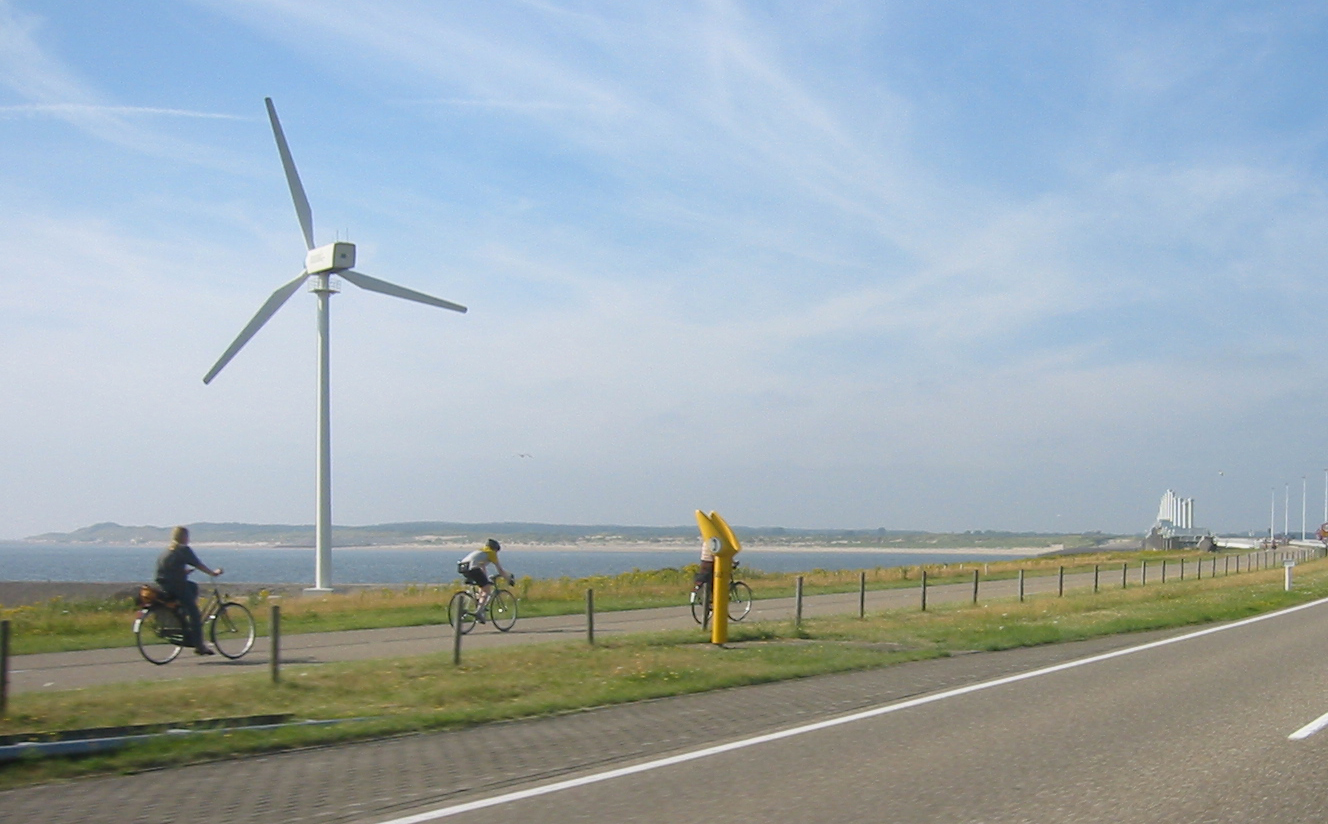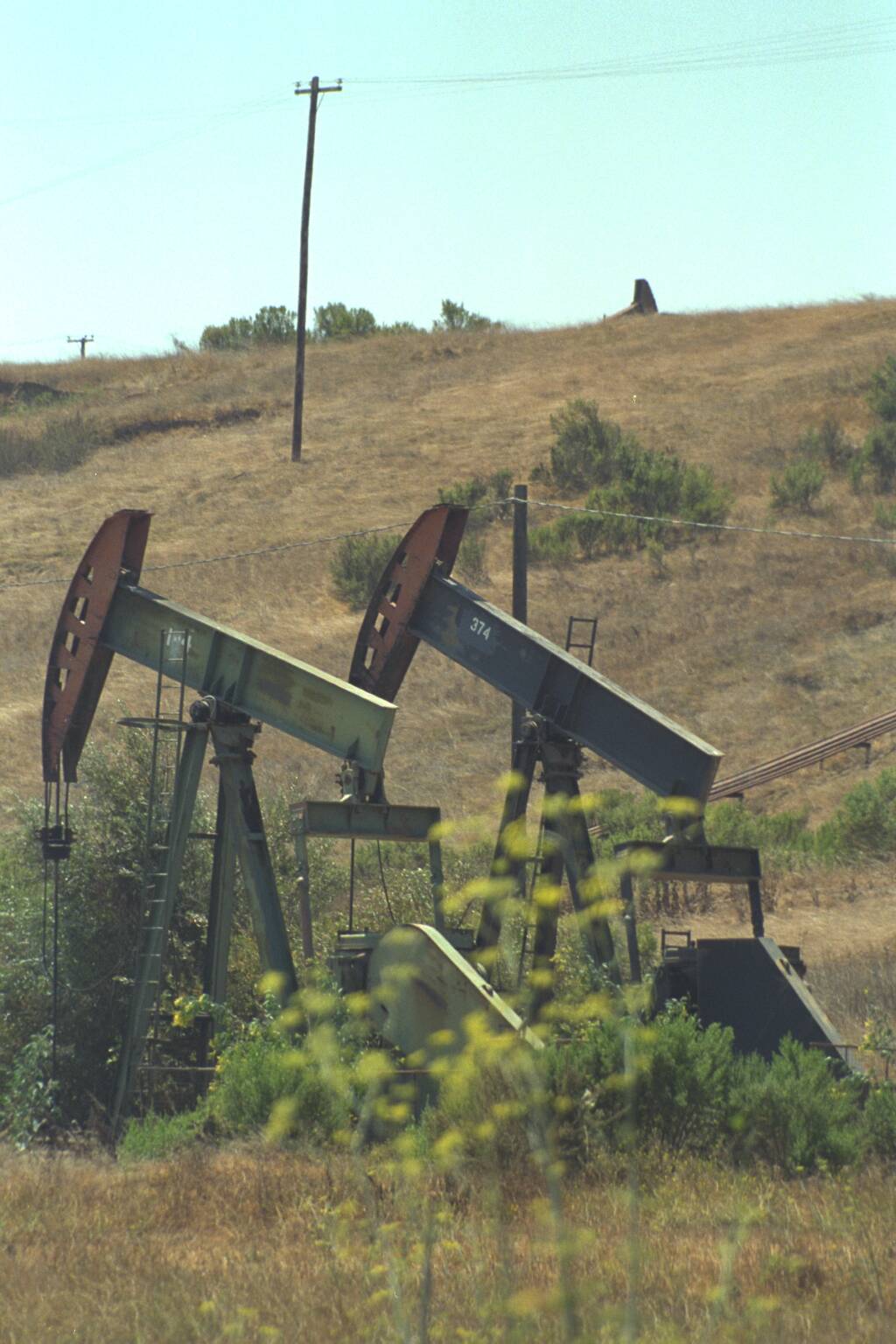
Given the incessant drive for material gain, as expressed by the fact that the overwhelming priority of government is to achieve more and more economic growth, one could be forgiven for thinking that you can somehow buy happiness. On the contrary however, there is a wealth of evidence, as discussed at the
Bristol Happiness Lectures held on May 17 2008, to show that this is not the case. Despite being much wealthier than in the 1950’s one survey for the BBC series
The Happiness Formula showed that in 1957 57% of British people said they were very happy compared with just 36% in 2006. In most economically developed countries those saying that they are happy has been static or falling for 50 yrs.
So, what is going on here? Does wealth not count towards happiness at all? Happiness research shows that once people reach a certain wealth level, some say £10,000/yr, others the national average income of about £23,000, more money does not on average make people or the country happier.
Why this is so has been explored by people like psychologist Oliver James, one of the key speakers at the Bristol Happiness Lectures along with
Dr Chris Johnstone from the University of Bristol, in his books
Affluenza (derived from the terms affluence and influenza) and
The Selfish Capitalist. An affluenza suffering society is where people are overloaded and stressed due to fast, urban lifestyles and long hours of work. They are often in debt, anxious, depressed and wasteful/polluting because of their dogged pursuit of more and more. People try to
‘keep up with the Joneses’ but gain no fulfillment from this as they go around the viscious circle of consumption.
Buying does not generally make people happy – apparently walking through a shopping mall increases stress and lowers self-esteem (whereas walking in the park or countryside relieves stress). Our society clearly does assign a high value to money, possessions and appearance, making affluenza and associated emotional distress more likely. It may also promote the banishment of negative thoughts in place of realism, even though people like James and Johnstone say this is not always advisable. Those banishing negative thoughts may well play down threats in place of facing them and may go further, taking riskier decisions than is wise. It strikes me that this could be a part of
climate change denial for instance.
Enough of the negative! What can be done to make us happier? Dr Chris Johnstone says that its meaning, purpose and facing up to world problems that builds happiness. He sees very strong connections between sustainability and happiness issues – tackling one helps tackle the other. Contented families, strong local communities, meaningful work and building a future that is cleaner, safer and more efficient is what is needed then. Economically it mean addressing inequalities and emphasising stability, security and localisation in place of growth and globalisation ie different goals and adopting a different world-view. This means
transforming politics, which is what Greens are about.
 I've been contributing to the local online debate about the Bristol residents parking scheme - arguing in favour. Its been pretty lively on both the Bristol Blogger's and on Councillor Charlie Bolton's site, though I'm not so sure that the range of people taking part has gone that far beyond the usual suspects. Circumstances within Bristol eg the poor state of public transport and the nature of the scheme itself are not ideal, but my view is that there are still clear net benefits for neighbourhoods (see the council information leaflet here).
I've been contributing to the local online debate about the Bristol residents parking scheme - arguing in favour. Its been pretty lively on both the Bristol Blogger's and on Councillor Charlie Bolton's site, though I'm not so sure that the range of people taking part has gone that far beyond the usual suspects. Circumstances within Bristol eg the poor state of public transport and the nature of the scheme itself are not ideal, but my view is that there are still clear net benefits for neighbourhoods (see the council information leaflet here).























